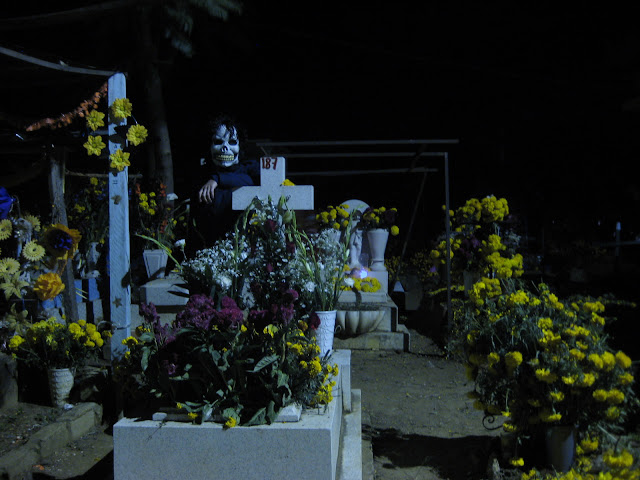In the same sense that the most heavily armed man is not the most likely man to survive, the global catastrophe of human behaviour is an unpleasantly intimate reminder that increased complexity does not lead to increased chances of survival.
The process of evolving is not linear with a start and a finish. Natural selection does not make civilised aesthetic judgements about relative states of evolution, that is to say, natural selection isn’t bothered by ipso facto improvements, only by success through survival. Seeing evolution as some kind of cosmic upgrade is a merely human, typically and shamefully anthropocentric, assumption. Nature doesn’t renovate, regenerate, civilise; it bodges, guesses, fails, fixes, and improvises. As an incomprehensibly small twig on the giant tree of life, humans lack all perspective in a self-analysis of their own position in the world. Being chronologically the most recent addition to our branch we can only see in one direction: backwards. Whichever way we look, we can only see back, down our bough, towards the trunk. We are unable to place ourselves anywhere but in the most exalted position. We can barely see all the other branches, older, broader, more diverse, longer lasting, more firmly established, better adapted. We seem to ourselves to be not just another mutation, but a special, final, ultimate, purposeful solution. It seems that our existence is enough to validate our triumph.
But a tree’s goal is not to send its branches as far as possible from their roots: it is just to exist. Nor is their altitude any triumph on the part of the application, dedication and sheer intelligence of those lofty twigs. Nor does it guarantee them survival. To manufacture a teleological programme from the inevitability of natural expansion is a delusion in which we mistake ourselves for something other than chance mutations, a category error of animal and angel, reminiscent of the unaffected hubris of a Grimm fairy tale, the kind of hubris a child can recognise but cannot name.




